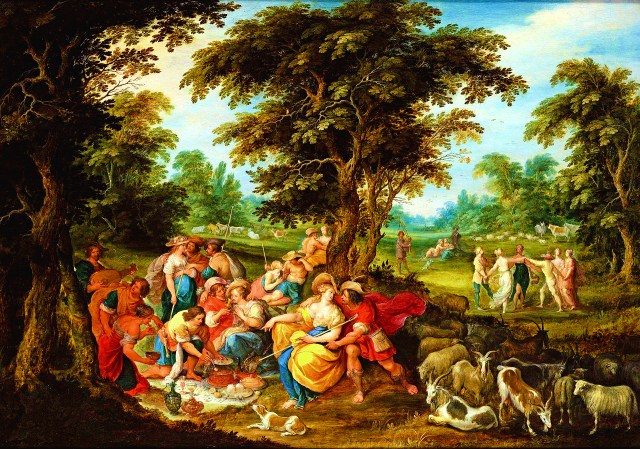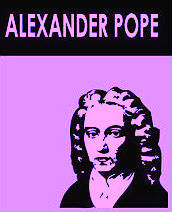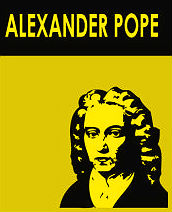Not the soft sighs of vernal gales,
The fragrance of the flowery vales,
The murmurs of the crystal rill,
The vocal grove, the verdant hill;
Not all their charms, though all unite,
Can touch my bosom with delight.
Not all the gems on India’s shore,
Not all Peru’s unbounded store,
Not all the power, nor all the fame,
That heroes, kings, or poets claim;
Nor knowledge which the learn’d approve,
To form one wish my soul can move.
Yet Nature’s charms allure my eyes,
And knowledge, wealth, and fame I prize;
Fame, wealth, and knowledge I obtain,
Nor seek I Nature’s charms in vain;
In lovely Stella all combine,
And, lovely Stella! thou art mine.

Samuel Johnson (1709-1784)



